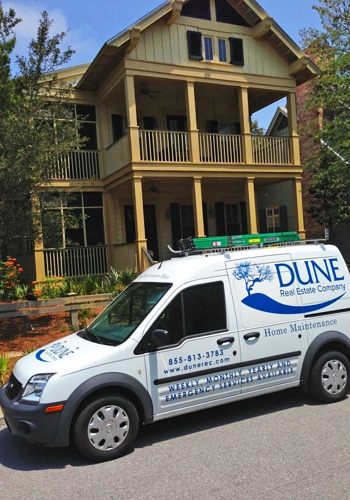Strategizing Your Kitchen Redesign Budget
Understanding the Expenses: Essential Cost Components
Before diving into your kitchen redesign project, it’s crucial to have a clear understanding of the expenses involved. From materials and labor to permits and unforeseen costs, there are various factors that contribute to the overall budget. By breaking down these cost components, you can create a comprehensive budget that covers all aspects of your redesign.
Setting Your Budget: Establishing Realistic Expectations
Once you’ve identified the cost components of your kitchen redesign, it’s time to set your budget. Start by assessing your financial situation and determining how much you can realistically afford to spend. Be sure to account for any existing debts or financial obligations to avoid overextending yourself. Setting a realistic budget will help you manage costs effectively and prevent unnecessary stress during the renovation process.
Prioritizing Your Needs: Essential vs. Optional Upgrades
When budgeting for your kitchen redesign, it’s essential to prioritize your needs over your wants. Identify the essential upgrades that are necessary to improve the functionality and aesthetics of your kitchen, such as replacing outdated appliances, upgrading countertops, or installing new cabinetry. Once you’ve allocated funds for these essential upgrades, you can then consider optional enhancements that fit within your budget.
Researching Costs: Comparing Prices and Quotes
Before making any major purchases or hiring contractors for your kitchen redesign, take the time to research costs and obtain multiple quotes. Compare prices from different suppliers and contractors to ensure you’re getting the best value for your money. Be sure to consider factors such as quality, reputation, and experience when making your decision. By shopping around and negotiating prices, you can save money and stay within your budget.
Factor in Contingencies: Planning for the Unexpected
No matter how carefully you plan your kitchen redesign budget, it’s essential to factor in contingencies for unexpected costs or challenges that may arise during the renovation process. Set aside a portion of your budget for unforeseen expenses, such as structural issues, permit delays, or design changes. Having a contingency fund will provide peace of mind and ensure that you’re prepared for any curveballs that come your way.
DIY vs. Hiring Professionals: Weighing the Costs
When it comes to your kitchen redesign, deciding whether to tackle projects yourself or hire professionals can have a significant impact on your budget. While DIY projects may seem more cost-effective upfront, they can be time-consuming and may require specialized skills and tools. On the other hand, hiring professionals can ensure a high-quality finish but may come with a higher price tag. Consider your skills, time availability, and budget constraints when making this decision.
Maximizing Value: Investing Wisely in Your Redesign
While it’s essential to stick to your budget, it’s also crucial to invest in quality where it counts. Certain features, such as durable appliances, high-quality countertops, and efficient lighting fixtures, can add long-term value to your kitchen and enhance its functionality and aesthetics. Prioritize these upgrades, even if it means allocating a larger portion of your budget to them.
Monitoring Expenses: Tracking Costs Throughout the Process
Throughout your kitchen redesign project, it’s essential to keep a close eye on your expenses and track costs as you go. Use a spreadsheet or budgeting app to monitor spending and compare it to your initial budget. Make adjustments as needed to ensure that you’re staying on track and avoiding overspending. By staying organized and proactive, you can manage costs effectively and prevent budgetary surprises.
Communication is Key: Keeping Open Lines with Contractors
Effective communication with your contractors and suppliers is essential for managing costs during your kitchen redesign. Clearly communicate your budgetary constraints and expectations upfront to avoid any misunderstandings or discrepancies later on. Be proactive in addressing any concerns or changes that may arise during the renovation process, and keep the lines of communication open to ensure that everyone is on the same page.
Celebrating Success: Enjoying the Fruits of Your Labor
Finally, don’t forget to celebrate your success once your kitchen redesign is complete. Take pride in the hard work and dedication you’ve put into transforming your space, and enjoy the fruits of your labor with family and friends. Your new kitchen is a reflection of your creativity, resourcefulness, and commitment to creating a space that you can truly call your own. Read more about kitchen redesign cost




